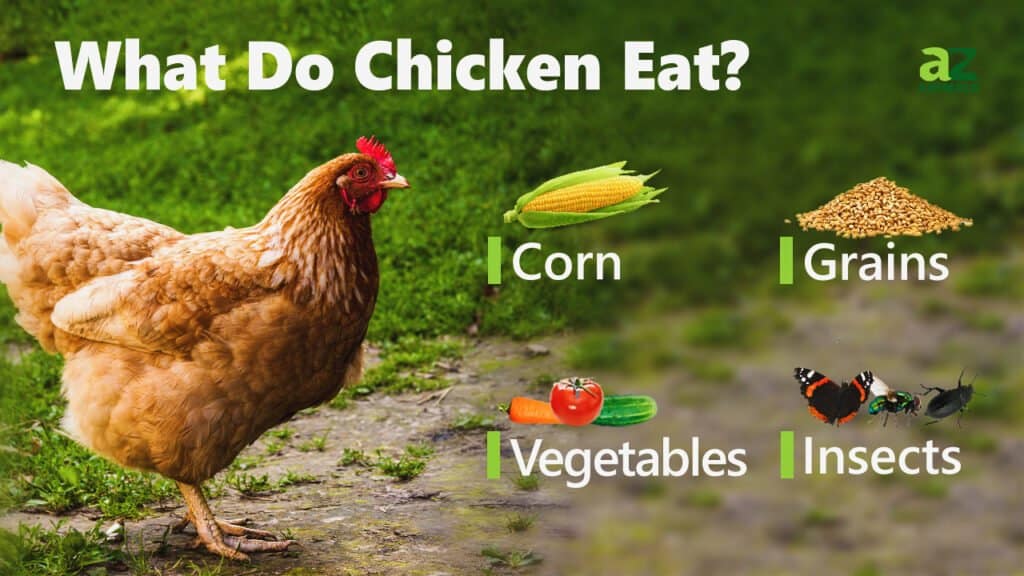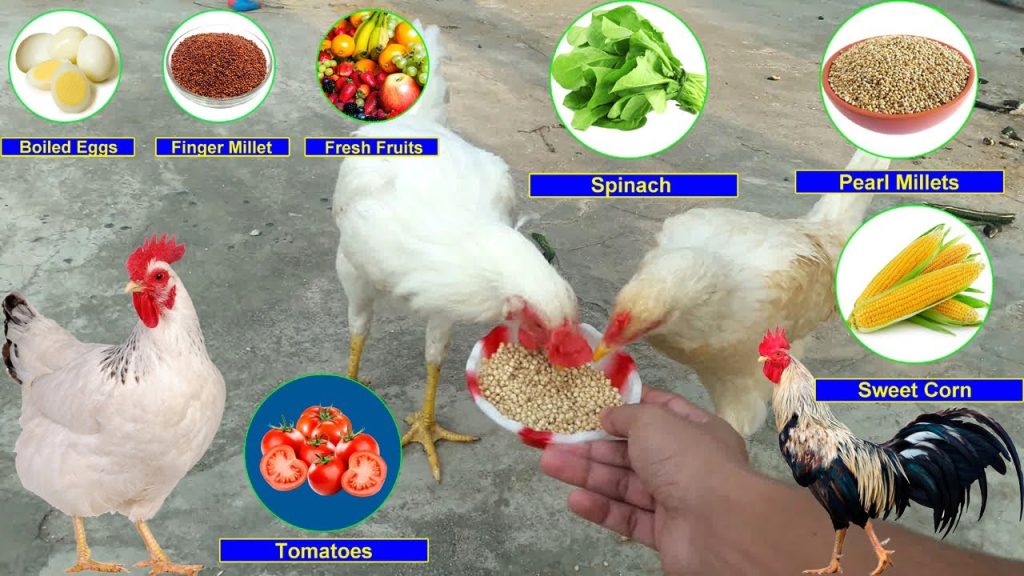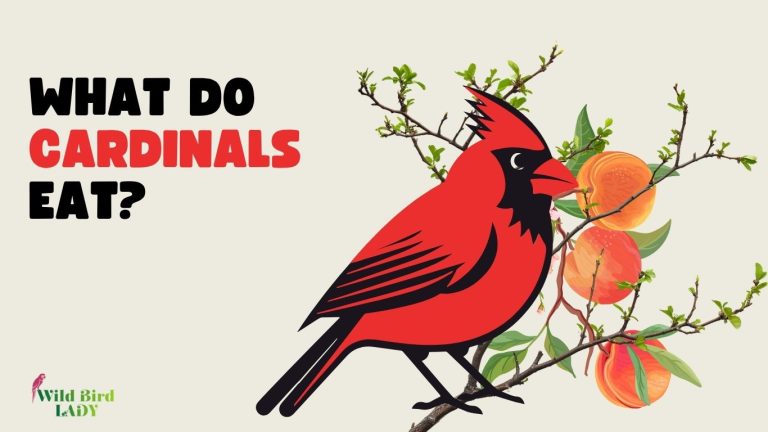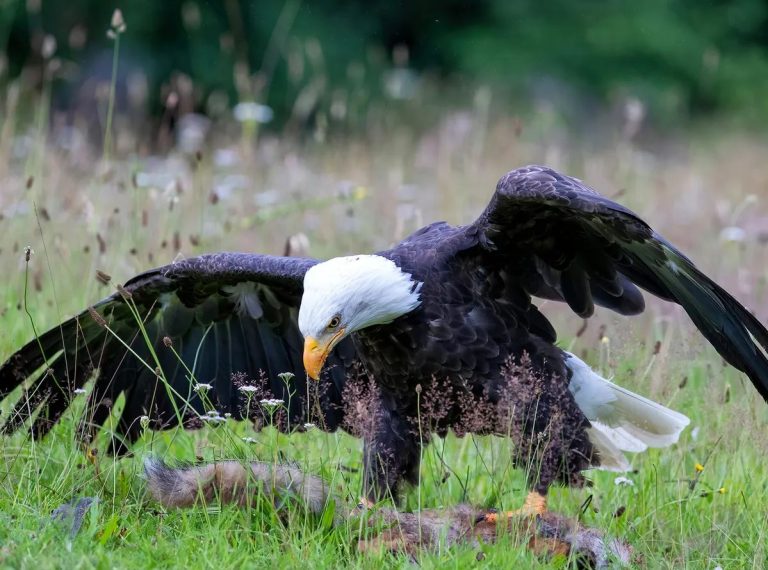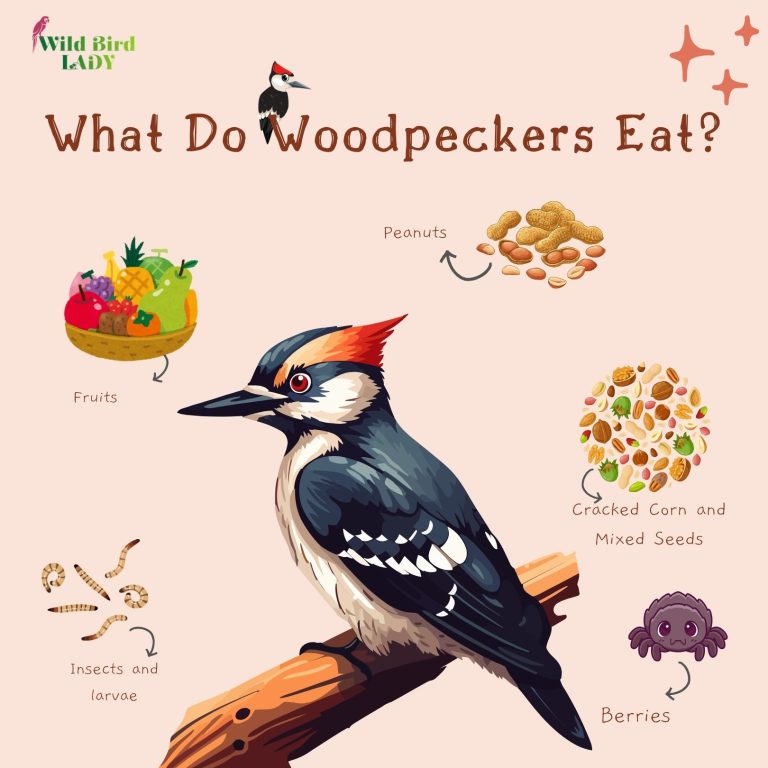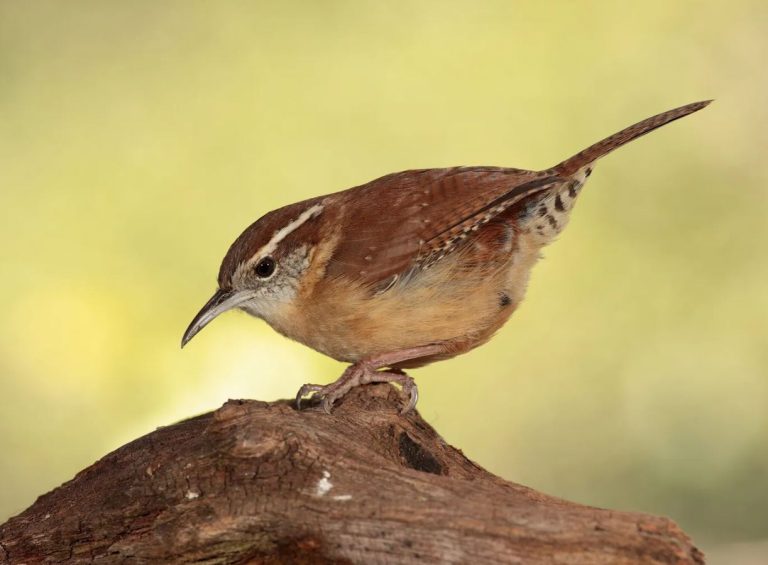What Do Chickens Eat in the Wild vs. Backyard? (Don’t Feed Them This!)
If you’ve ever watched chickens peck and scratch around, you might wonder—what do chickens eat exactly? Are they picky eaters or opportunistic omnivores? Whether you’re raising chickens in your backyard or just curious about what chickens eat in the wild, understanding their natural diet is the first step toward keeping a healthy, happy flock.
This comprehensive guide explores the differences in what chickens eat in the wild versus domesticated settings. Plus, we’ll bust common feeding myths and reveal what you should never feed chickens. Let’s dig in—literally!
What Do Chickens Eat in the Wild?
Wild chickens—or more accurately, the Red Junglefowl (Gallus gallus), their closest ancestor—have a varied and instinct-driven diet. These birds are foragers, relying on natural surroundings to supply nutrients.
1. Insects and Larvae
In the wild, chickens love to scratch the forest floor in search of bugs. Protein is essential for egg production and feather growth, and their diet typically includes:
- Beetles
- Ants
- Termites
- Caterpillars
- Grasshoppers
- Earthworms
These sources make up a major portion of what wild chickens eat, especially in protein-scarce environments.
2. Seeds and Grains
Chickens peck at seeds dropped by plants or carried by wind. Common seeds include:
- Grass seeds
- Millet
- Wild rice
- Small grains from local flora
Seeds provide carbohydrates and energy for their constant scratching and walking.
3. Green Vegetation
Just like wild geese or ducks, chickens also consume:
- Grass
- Leaves
- Shoots
- Tender weeds
These greens are rich in vitamins A, K, and calcium.
4. Fruits and Berries
When in season, chickens will indulge in:
- Berries (like elderberries or blackberries)
- Fallen fruits (like apples, bananas, figs)
- Soft-skinned wild fruits
These occasional treats offer sugars and antioxidants.
5. Small Vertebrates (Occasionally!)
Yes, wild chickens are opportunistic omnivores. They’ve been known to eat:
- Small frogs
- Tiny lizards
- Baby mice
- Snake eggs
This might sound shocking, but it’s a natural part of what chickens eat in the wild—especially when protein is in short supply.
What Do Backyard Chickens Eat?
Backyard chickens have a more controlled diet—but they still retain those wild instincts! Most backyard keepers ask: what can chickens eat safely? Let’s break it down.
1. Commercial Chicken Feed
This is the staple food for domesticated chickens. It’s nutritionally balanced and tailored for different life stages:
- Starter Feed (for chicks): High in protein (18–20%)
- Grower Feed (for pullets): Moderate protein (16–18%)
- Layer Feed (for egg-laying hens): Balanced with added calcium
- Broiler Feed (for meat chickens): High-protein and fast-growth focused
Commercial feed ensures chickens get the right mix of protein, fat, fiber, vitamins, and minerals.
2. Grains
Even in a domestic setting, grains form a major part of chickens food. Some common grains include:
- Cracked corn
- Barley
- Oats
- Wheat
- Milo (sorghum)
Grains are great for energy, but too much can cause obesity, so moderation is key.
3. Vegetables
Veggies are a fantastic supplement to a chicken’s diet. Favorites include:
- Leafy greens (spinach, kale, lettuce)
- Broccoli
- Carrots (shredded)
- Pumpkin and squash
- Zucchini
- Peas and corn
Not only are these safe, but they help enrich yolk color and improve feather condition.
4. Fruits (in Moderation)
Fruits are rich in sugar, so they’re best as occasional treats:
- Apples (no seeds)
- Bananas
- Watermelon
- Grapes (cut in half)
- Berries
Backyard chickens get very excited about fruit snacks!
5. Protein Boosters
Sometimes, laying hens need extra protein—especially during molting. Safe protein sources include:
- Mealworms
- Scrambled eggs (never raw!)
- Fish (cooked, unsalted)
- Greek yogurt (plain and unsweetened)
- Tofu or cooked beans (rinse well)
These help support feather regrowth and egg development.
6. Calcium Sources
Eggshell formation requires calcium. In addition to layer feed, give hens:
- Crushed oyster shells
- Ground eggshells (baked to kill bacteria)
Free-choice calcium allows hens to regulate their own needs.
What Can Chickens Eat? Safe Foods List
Here’s a quick list of safe, healthy treats you can feed your chickens:
| Food Type | Examples |
|---|---|
| Grains | Oats, corn, barley, wheat |
| Vegetables | Carrots, kale, broccoli |
| Fruits | Apples (no seeds), bananas |
| Protein | Mealworms, cooked fish |
| Calcium | Crushed eggshells, oyster shell |
| Extras | Plain rice, pasta (in moderation) |
What Chickens Should NOT Eat (Avoid These!)
Not all food scraps are safe. Here’s a list of foods that are toxic or dangerous for chickens:
❌ Avocado (especially the pit and skin)
Contains persin, which is toxic to chickens.
❌ Chocolate and Caffeine
Caffeine and theobromine affect the nervous system—no coffee grounds or chocolate treats.
❌ Onions and Garlic (in excess)
Can taint egg flavor and lead to anemia in large amounts.
❌ Moldy or Rotten Food
Never feed moldy bread, spoiled vegetables, or sour leftovers—these can cause serious illness.
❌ Raw Potato Peels (especially green ones)
Contain solanine, a harmful compound that can lead to respiratory issues.
❌ Alcohol or Sugary Foods
Alcohol depresses the nervous system, and excess sugar can lead to obesity and digestive problems.
Comparing Wild vs. Backyard Chicken Diets
| Category | Wild Chickens | Backyard Chickens |
|---|---|---|
| Protein Source | Insects, frogs, larvae | Feed, mealworms, eggs, fish |
| Grains | Wild seeds, grasses | Corn, oats, wheat, barley |
| Greens | Grass, weeds | Kale, spinach, lettuce |
| Fruits | Wild berries, fallen fruit | Apples, bananas, watermelon |
| Food Variety | Seasonal and opportunistic | Balanced and controlled |
| Human Intervention | None | High |
| Calcium Source | Natural (bones, shell remains) | Oyster shells, eggshells |
Should You Let Backyard Chickens Forage?
Yes! Foraging is fantastic for chickens. Free-ranging allows them to:
- Hunt bugs and worms
- Eat fresh greens
- Get exercise and avoid boredom
- Improve egg quality
If you allow supervised foraging in your yard or pasture, you can mimic the wild chicken diet in a safe and healthy way.
Seasonal Considerations in Chickens Food
Just like wild birds, chickens’ dietary needs change with the seasons.
- Spring: More bugs and fresh greens—ideal for foraging
- Summer: Hydration is key—offer watermelon, cucumber
- Fall: High-carb grains for energy and molting support
- Winter: More fat/protein—add corn or sunflower seeds to warm them up
Adjust your flock’s diet throughout the year for optimal health.
FAQ: What Do Chickens Eat?
Q: What do chickens eat naturally in the wild?
Wild chickens eat insects, seeds, greens, berries, and occasionally small animals like frogs or lizards. Their diet is seasonal and depends on what they can forage.
Q: What can chickens eat in a backyard setting?
Backyard chickens can eat commercial feed, grains, vegetables, fruits, and protein-rich snacks like mealworms or scrambled eggs. Clean water and calcium (like oyster shells) are also essential.
Q: What foods should chickens never eat?
Chickens should never eat avocado (pit and skin), chocolate, caffeine, raw green potato peels, moldy food, or anything spoiled. These can be toxic or deadly.
Q: Can chickens eat table scraps?
Yes, chickens can eat some table scraps like cooked rice, veggies, and fruits. Avoid salty, sugary, oily, or spoiled foods, and never give them anything moldy.
Q: Is it safe for chickens to eat meat?
Yes, chickens are omnivores and can eat small amounts of cooked meat, insects, and even scrambled eggs. Avoid raw meat or anything processed with spices.
Q: Do chickens eat grass and weeds?
Yes! Chickens love grazing on grass and weeds. They often eat dandelions, clover, and other tender greens that are full of nutrients.
Q: What’s the best protein source for chickens?
Mealworms, insects, scrambled eggs, fish, and quality commercial feed are excellent protein sources for laying hens and molting chickens.
Q: How often should I feed my chickens?
Chickens should have constant access to their main feed and clean water. Treats like fruits and veggies should be given in moderation, not exceeding 10% of their daily diet.
Final Thoughts: A Balanced Diet Makes for a Happy Hen
Understanding what do chickens eat—whether wild or domesticated—helps you raise a healthier, more productive flock. While wild chickens rely on natural instincts, backyard chickens thrive on a mix of commercial feed, fresh greens, grains, and healthy treats.
But remember: not everything from your kitchen belongs in the coop. Now that you know what chickens eat and what can chickens eat, you’re one step closer to being the best chicken parent on the block.
And that “don’t feed them this” list? Stick it on the fridge—your hens will thank you!
Read also: What Do Geese Eat? 7 Foods They Love (And 3 You Should Never Give Them!)

